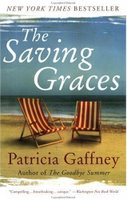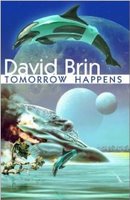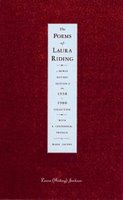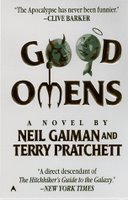It was wonderful to have a fun book to read in about a week, although perhaps I read it a bit too often and too late... so, there are four women (Emma, Rudy, Lee, and Isabel) who become friends and stay friends through all of life's trials. Of which there are many, in great variety. Which seems normal, that each person would go through one or more hard things. That seems to be a constant in life -- that every individual will have challenges, which are opportunities to choose God or not. So often the easy choice is to choose self instead of choosing God's will and God's way.
Various members of this group have trouble with their mother, with kids, with husbands, with neighbors -- the full gamut. Nice that nobody is perfect. Although sometimes in life it seems like there are those who have their whole lives together. Which is a lie! No matter how healthy and whole we are, there are always areas that could use more work. And relationships that need to be examined again. Maybe relationships to things, to task, to needs, to people -- things so easily slip too far toward one tension or another. I used to think that life was a balancing act, but now I think of it more as many tensions which are pulling and pushing in various directions, so the healthiest place to be is where the tensions are even.
One of the women gets sick. Really sick. And they need to help take care of her and spend time with her and value her no matter what. Which is a challenge for them and all the others involved. Some of the ideas they come up with are interesting, such as a circle of healing. At a certain time every week all her close friends send good energy her way, or meditate for her, or some other such thing. And our souls do have power to do good or evil. But the Spirit of God has much more power than we ever do. There are plenty of people I've met who do things like the circle of healing, and expend much of their energy on things which seem good. But there is no real, eternal hope in that. I wish they knew Truth.
| Title: | The Saving Graces |
|---|---|
| Author: | Patricia Gaffney |
| Date published: | 1999 |
| Genre: | Fiction |
| Number of pages: | 506 |
| Notes: | Borrowed from Sue |






